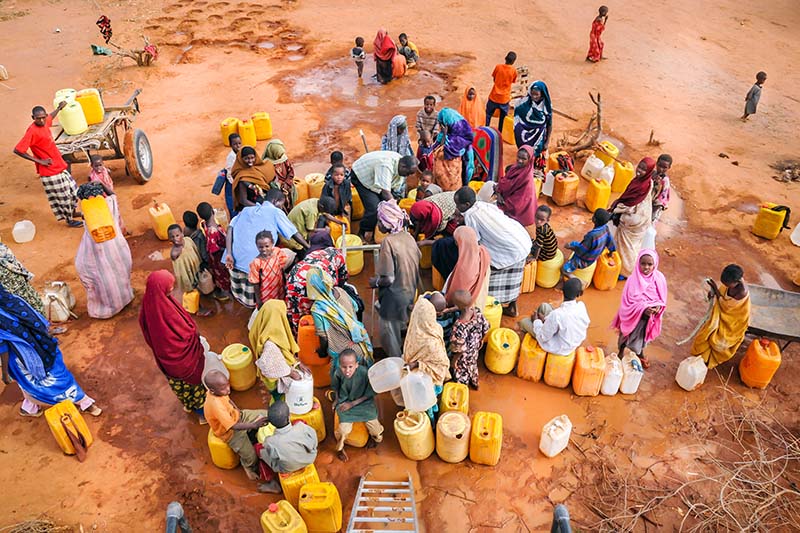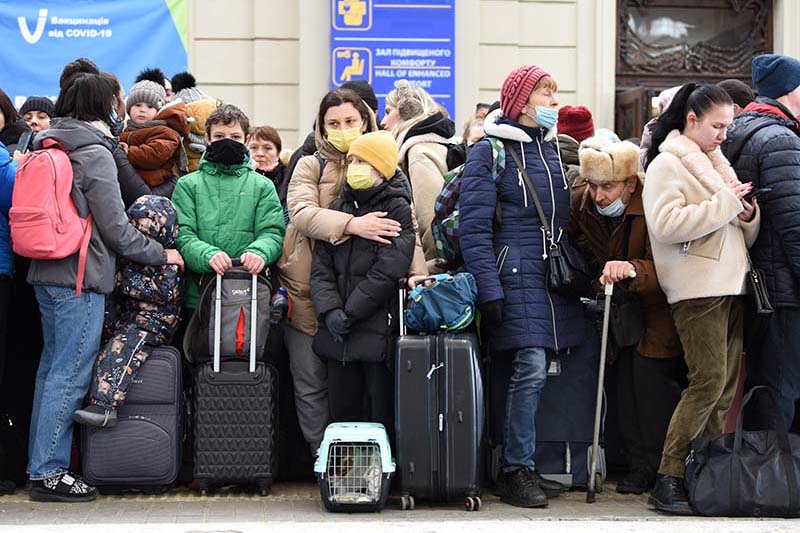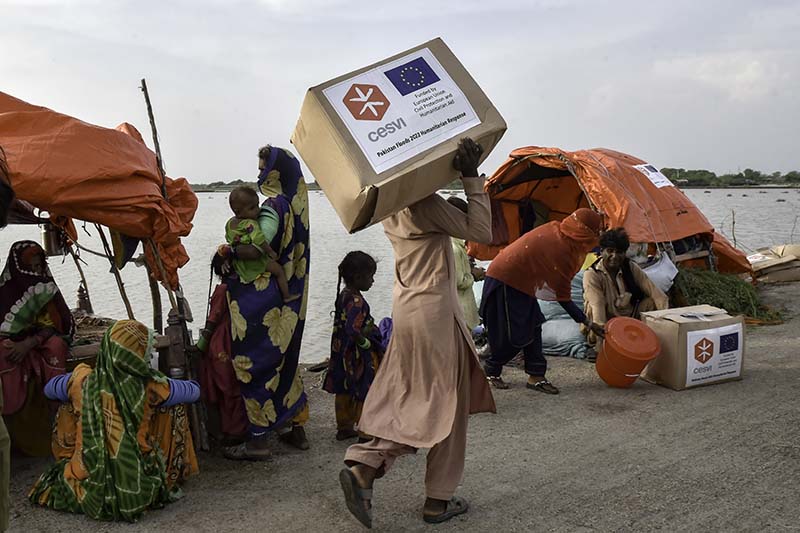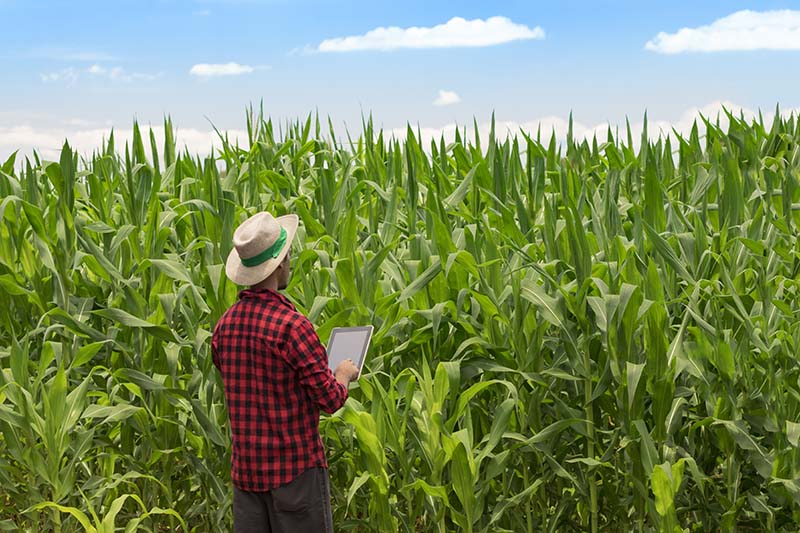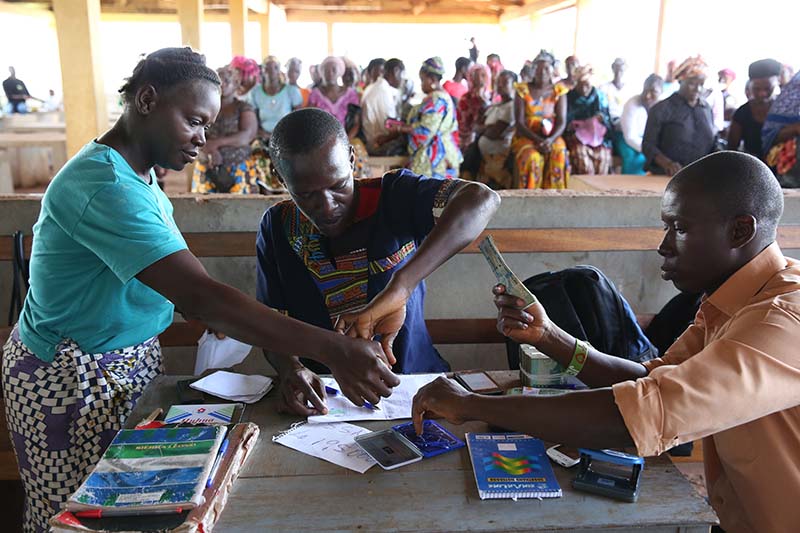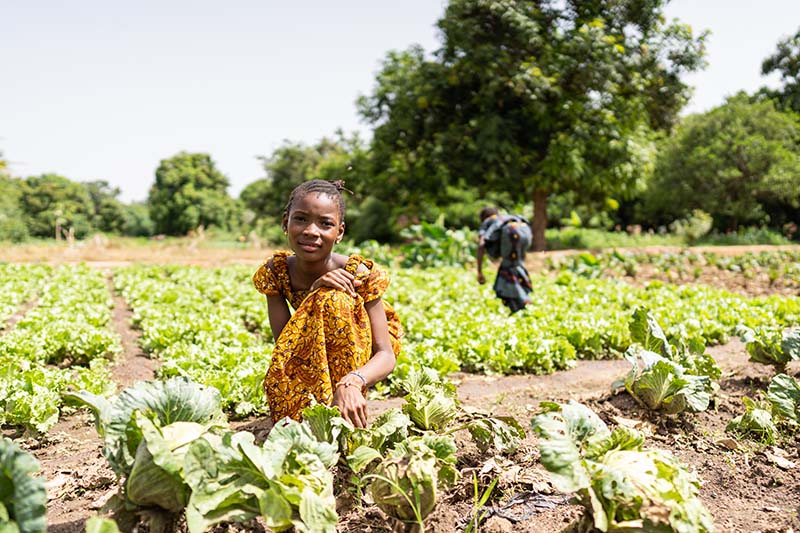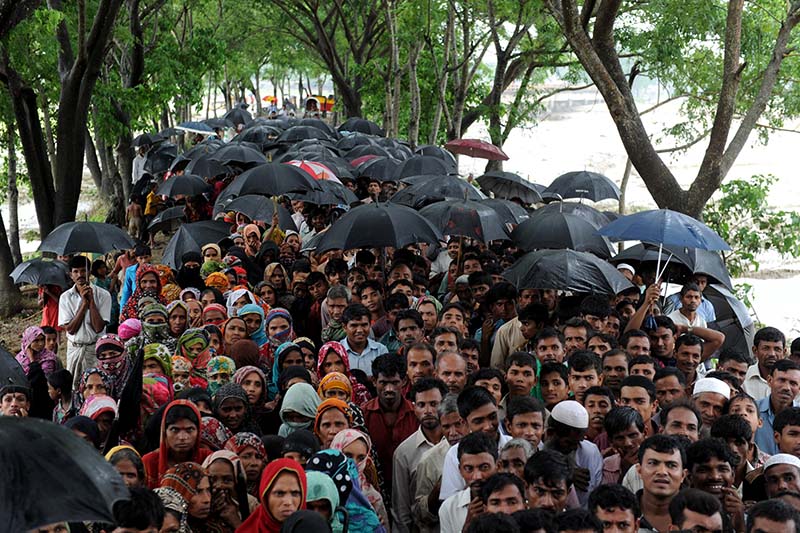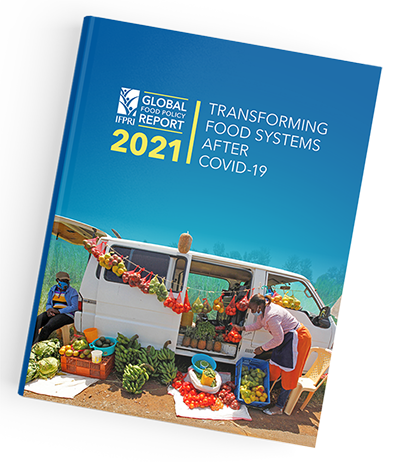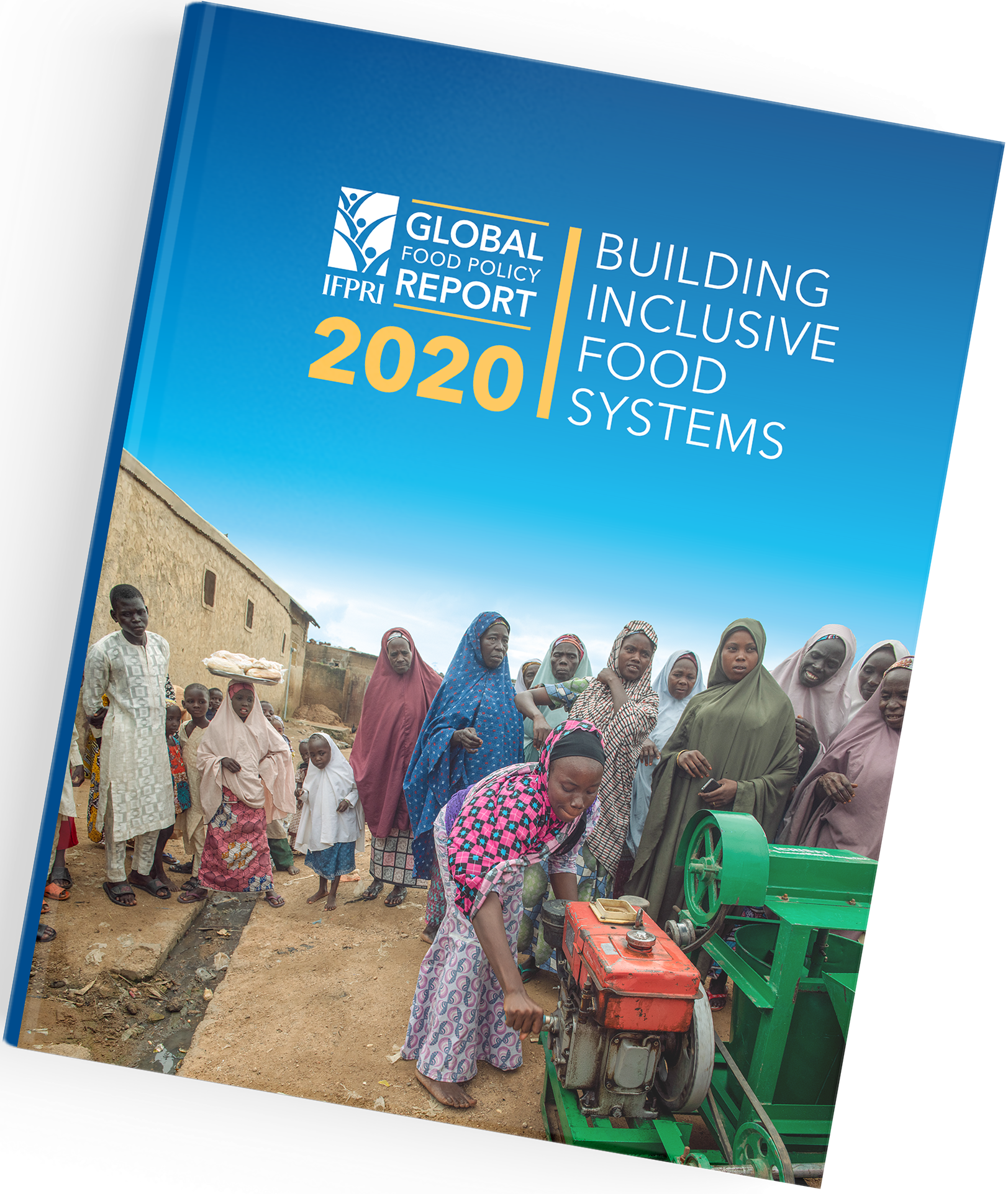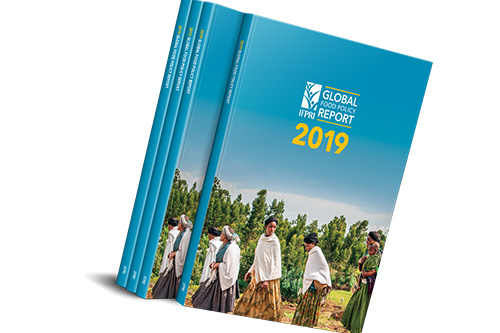Rethinking Food Crisis Responses
Hybrid Global Launch Event
APRIL 13, 2023 | 9:00 TO 10:30 AM EDT
Increasingly frequent and complex food crises are driving up the numbers of hungry and displaced people, compounding the urgent need to rethink crisis responses now. Drawing on recent experiences and research, the 2023 Global Food Policy Report highlights opportunities for building a more effective and sustainable set of policy responses.
FOREWORD
A Word from IFPRI
This decade has been marked by multiple, often overlapping, crises. The COVID-19 pandemic, natural disasters, and the ongoing war in Ukraine have all threatened the fabric of our global food systems. But opportunities can be found amid crises, and the world’s food systems have demonstrated surprising resilience. With new evidence on what works, now is the time to rethink how we address food crises. Better prediction, preparation, and resilience building can make future crises less common and less devastating, and improved responses can contribute to greater food security, better nutrition, and sustainable livelihoods.
Themes
Rethinking Crisis Reponses
Increased frequency and impact of crises require rethinking our responses, drawing on recent research and evidence-based policies
Early Warning Systems
Early warning systems play a vital role in identifying likely crises and speeding responses, but could be made more effective with greater integration
Humanitarian Response & Early Action
Anticipatory action can deliver more effective humanitarian responses and support resilience building by preparing for crises in advance
Resilient Value Chains
Flexible, innovative value chains are well placed to adapt during crises, continuing to provide food security and support livelihoods
Social Protection
Social protection, especially safety net programs, can build resilience for vulnerable populations before a shock and reduce impacts on food security and poverty when crises hit
Promoting Equality
Prioritizing policies that support women and their empowerment before and during crises is essential to reducing harm from food system shocks
Addressing Forced Migration
For people forced from their homes by crises, as well as hosting and sending communities, well-tailored policies can expand the positive impacts of migration
Regions
Africa south of the Sahara
Frequent and protracted crises including conflict, widespread poverty, and natural disasters are best addressed through a humanitarian-development-peace approach
Latin America & Caribbean
Long subject to commodity cycles, the region will need to manage these cycles and build human capital to reduce future risks and increase resilience
Central Asia
Low levels of economic and trade diversity and weak governance reduce resilience from the household to the regional level
Middle East & North Africa
Heavy dependence on food imports plus protracted conflicts and climate change leave the region vulnerable to shocks
East & Southeast Asia
Recent crises have disrupted progress on the SDGs, but increasing regional integration offers potential to manage future crises more effectively
South Asia
Support for smallholders to increase productivity and expand use of climate-smart approaches along with greater intraregional trade can contribute to better shock resilience


